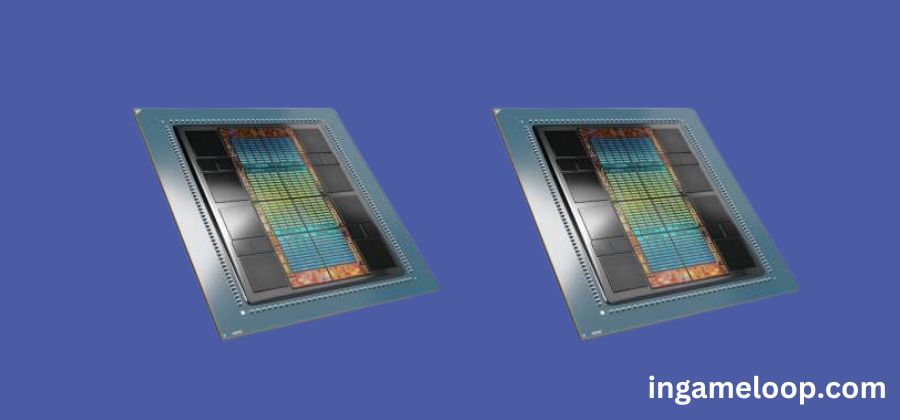
As a major triumph for AMD, the renowned semiconductor company has secured two significant contracts with tech giants Oracle and IBM, signaling a pivotal advancement in their foray into artificial intelligence (AI) and high-performance computing (HPC) markets.
Oracle, a global leader in cloud services, has chosen to integrate AMD’s cutting-edge Instinct MI300X AI and HPC GPUs into its expansive cloud infrastructure as reported by MT Newswires (via Reddit) citing UBS. This move comes as Oracle faces a shortage of Nvidia GPUs, impacting its short-term growth prospects.
UBS, a leading financial services firm, observed this challenge and noted Oracle’s strategic pivot towards AMD’s GPU offerings. The decision is poised to fortify Oracle’s position in the competitive cloud services landscape, ensuring reliable and robust AI capabilities.
Importantly, Oracle has opted to forego the lengthy process of developing its own silicon program to address the AI and HPC GPU shortages. Instead, the company has placed its trust in AMD’s Instinct MI300X, which is anticipated to deliver formidable performance levels. Oracle is set to be among the early adopters, planning the deployment of these processors as early as 2024.
Meanwhile, IBM, a stalwart in the tech industry, has sought to bolster its AI endeavors by turning to AMD for FPGA solutions. AMD’s Xilinx FPGA technology will play a pivotal role in IBM’s AI workloads, as reported by Medium, citing renowned analyst Ming-Chi Kuo. This collaboration represents a strategic move for both companies, as they pool their strengths to push the boundaries of AI capabilities.
IBM’s new AI inference platform will feature the NR1 AI chip from NeuReality, manufactured with TSMC’s cutting-edge 7nm-class process technology. AMD’s contribution in supplying the essential FPGA components for NeuReality’s AI solution underscores the critical role it plays in the development and implementation of state-of-the-art AI systems. The robust infrastructure established by IBM’s AI inference platform further solidifies the potential for this collaboration to redefine the landscape of AI technologies.
Foxconn, a prominent electronics manufacturer, is poised to step into the fray, with plans to commence production of AI servers incorporating this groundbreaking technology in the fourth quarter of 2023. This move not only cements Foxconn’s position at the forefront of technological innovation but also underscores the widespread impact and adoption of AMD’s FPGA solutions.
These pivotal developments mark a significant stride for AMD in the AI and HPC markets. By securing contracts with industry leaders Oracle and IBM, AMD demonstrates its capacity to provide cutting-edge solutions that address critical gaps in the tech landscape.
The integration of AMD’s advanced GPU and FPGA technologies into the infrastructures of these tech giants signifies a paradigm shift in the way AI capabilities are harnessed and deployed on a global scale. As the technology industry continues to evolve, partnerships and collaborations of this nature are poised to drive innovation and pave the way for new frontiers in AI and HPC capabilities. AMD’s role as a key player in these transformative developments solidifies its position as a driving force in the future of AI technology.
Related:
AMD Zen 3 CPUs and Radeon RX 6000 ‘Big Navi’ GPU revealed on 8 October







